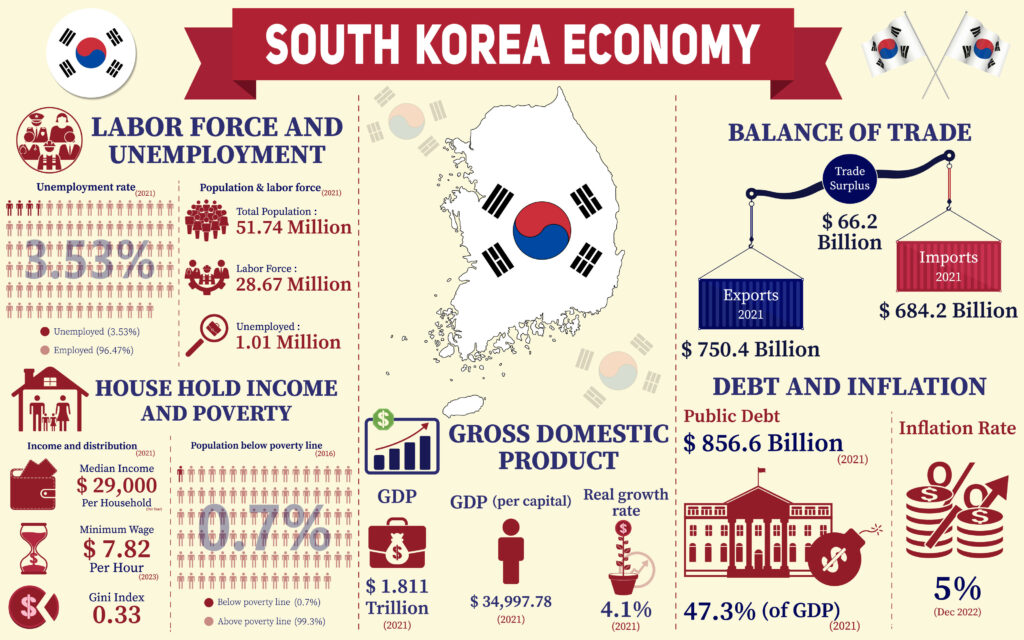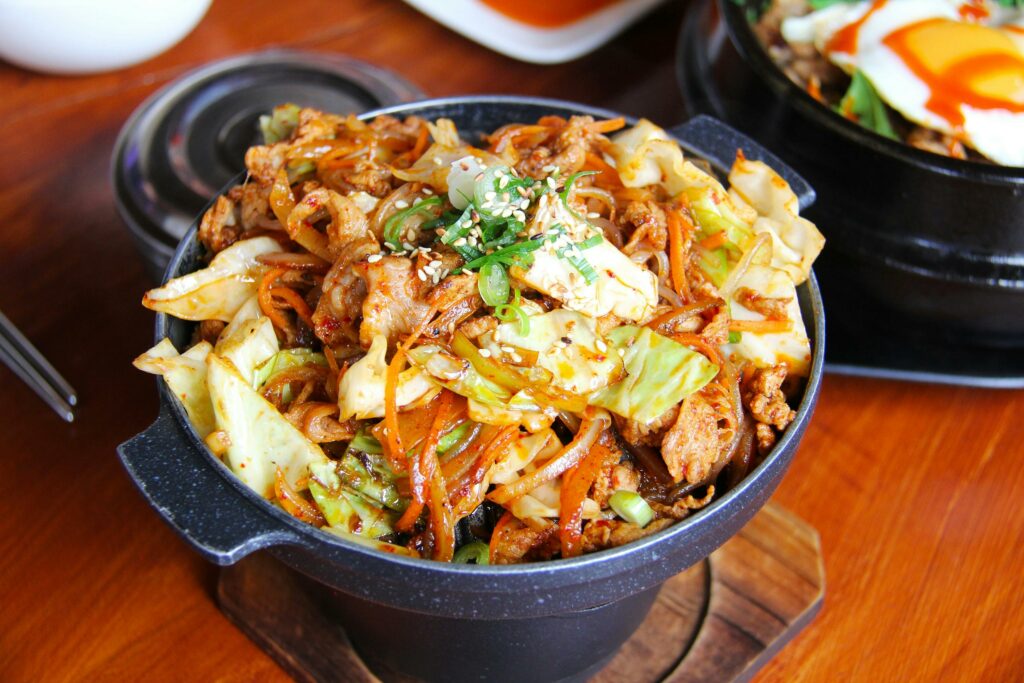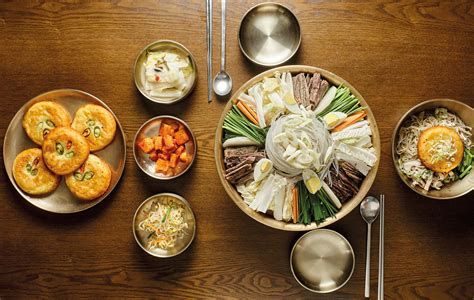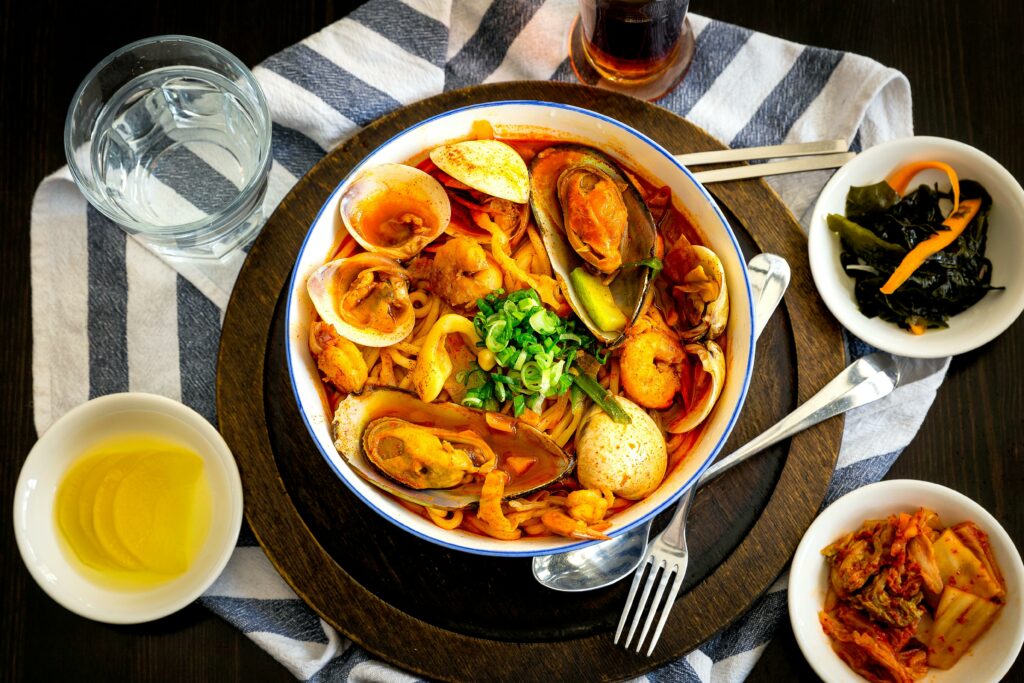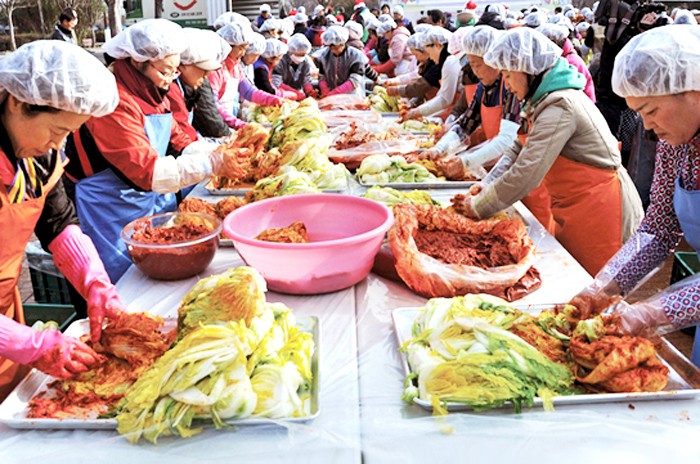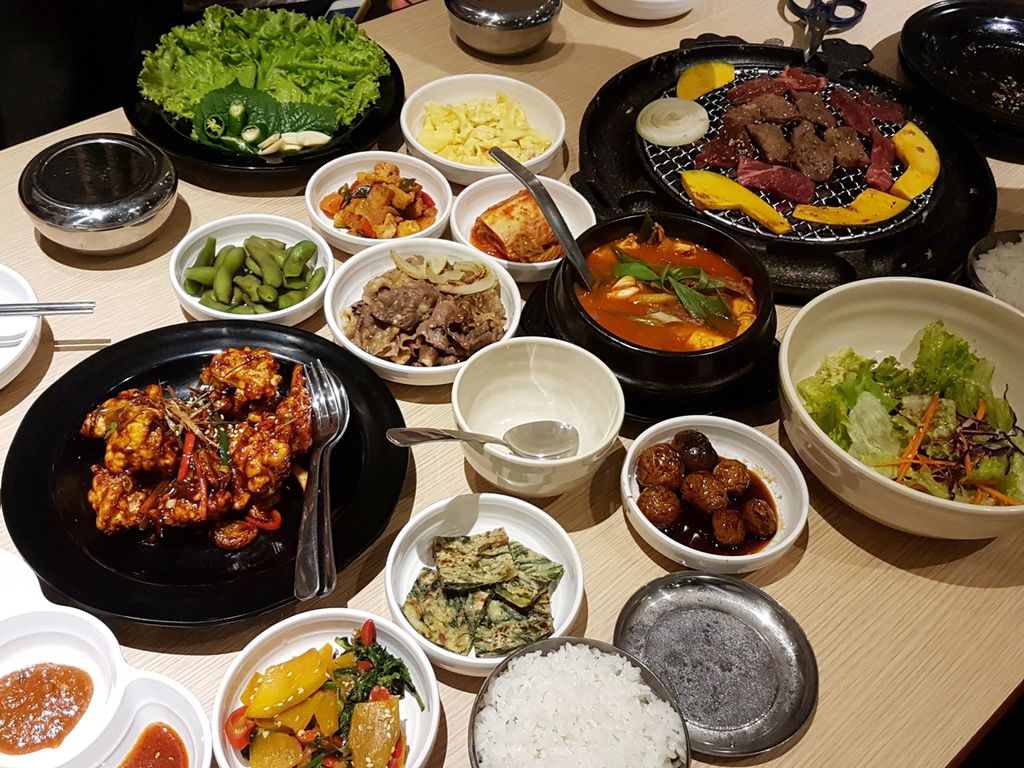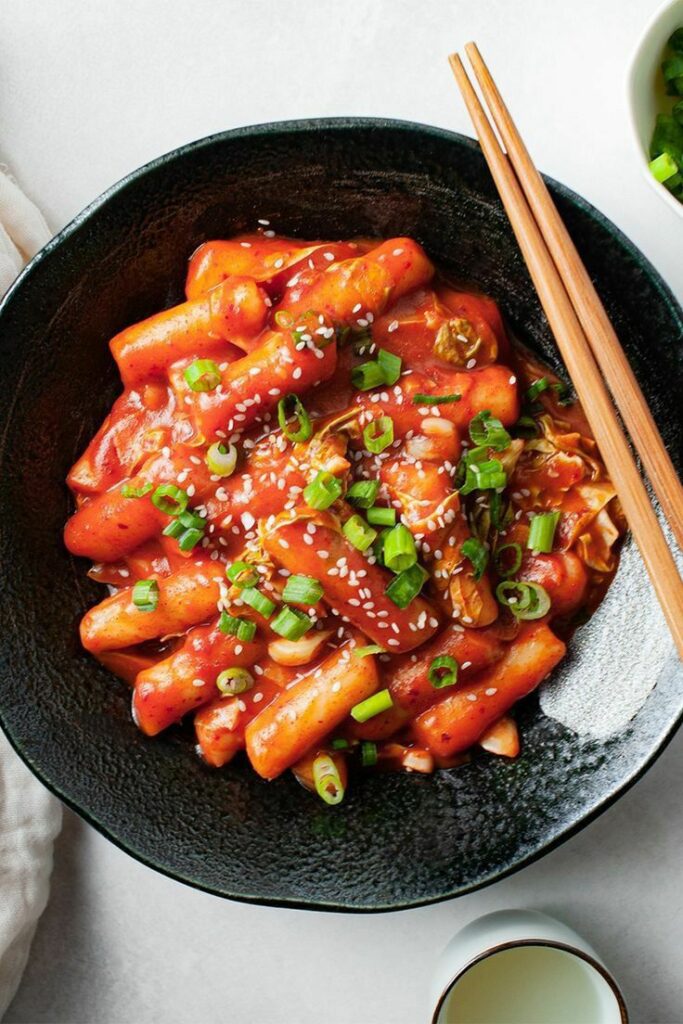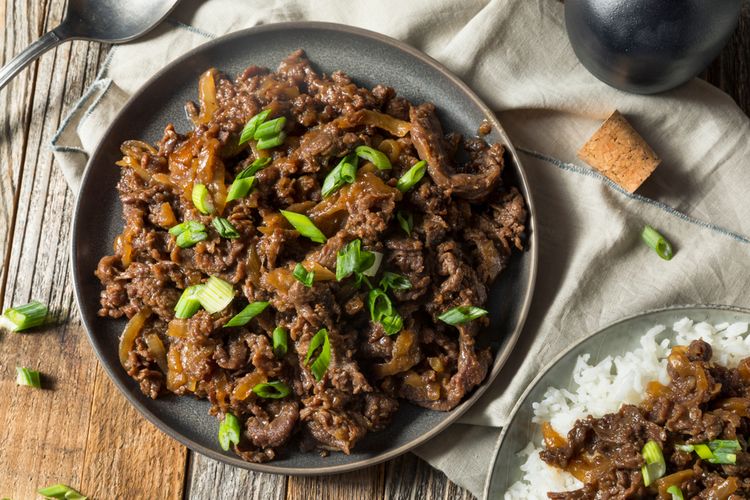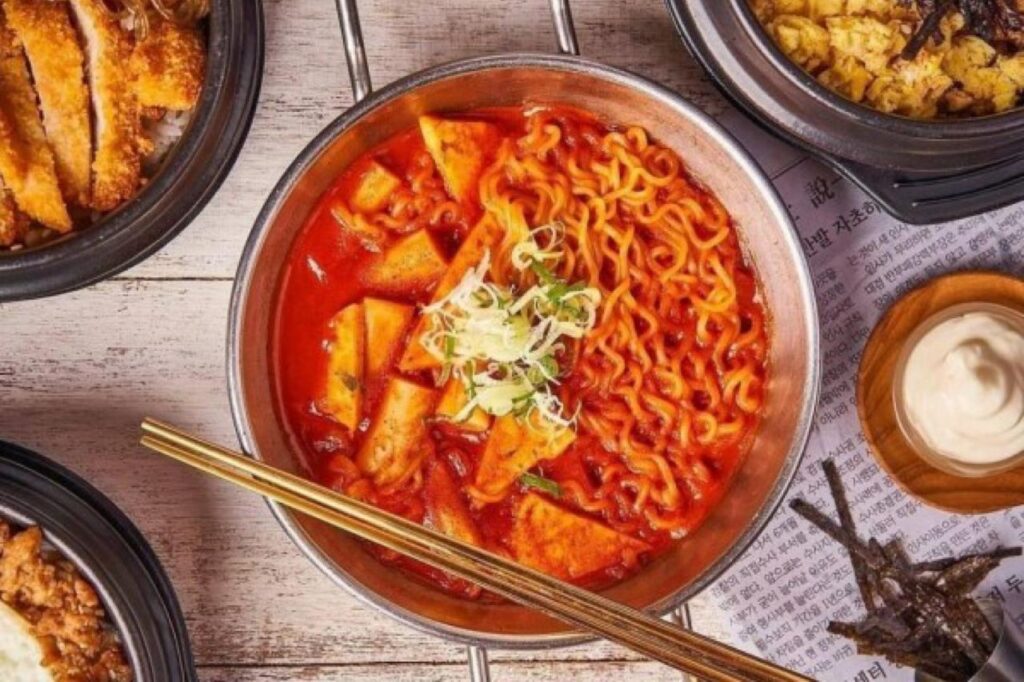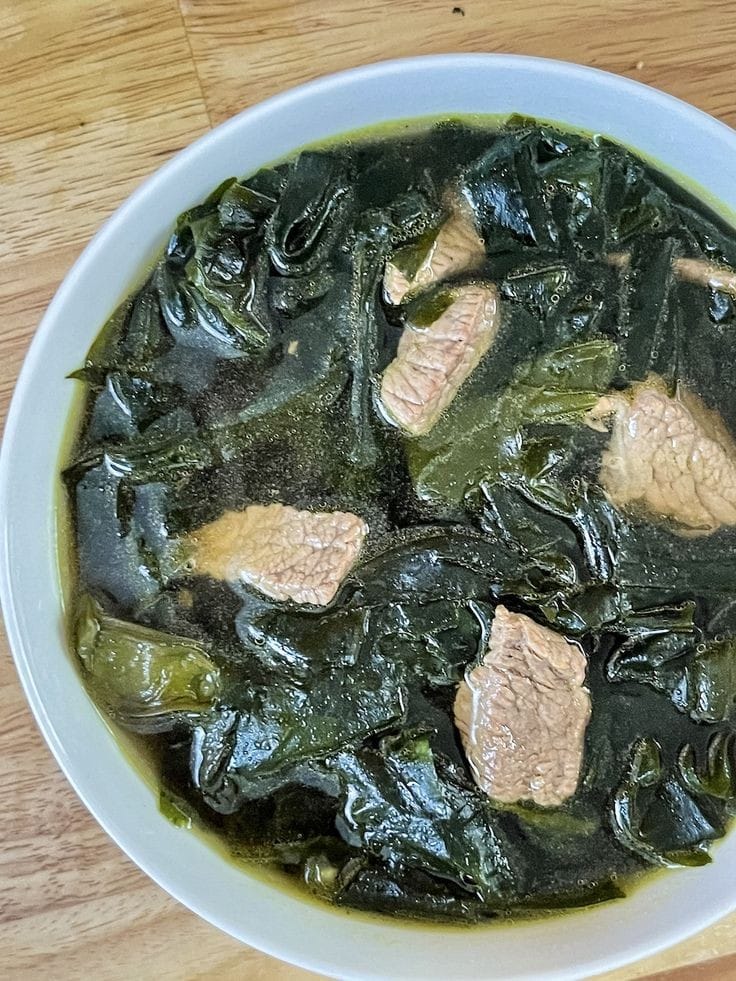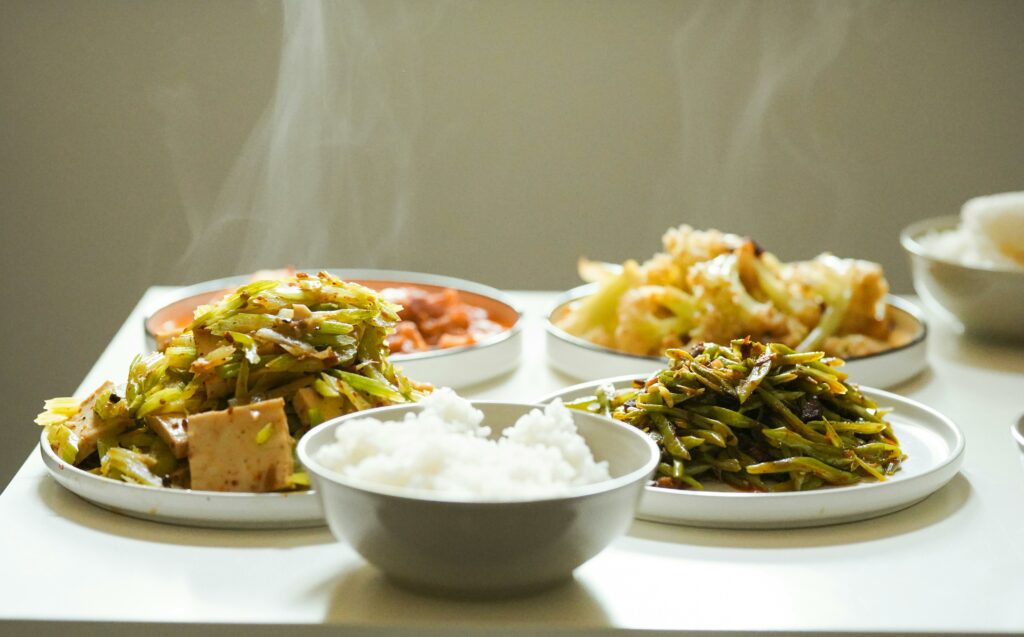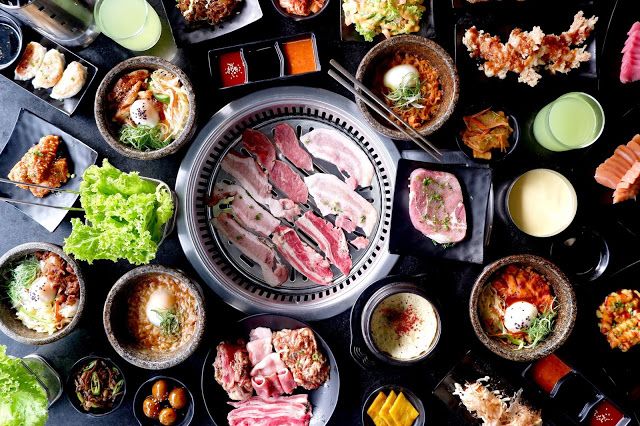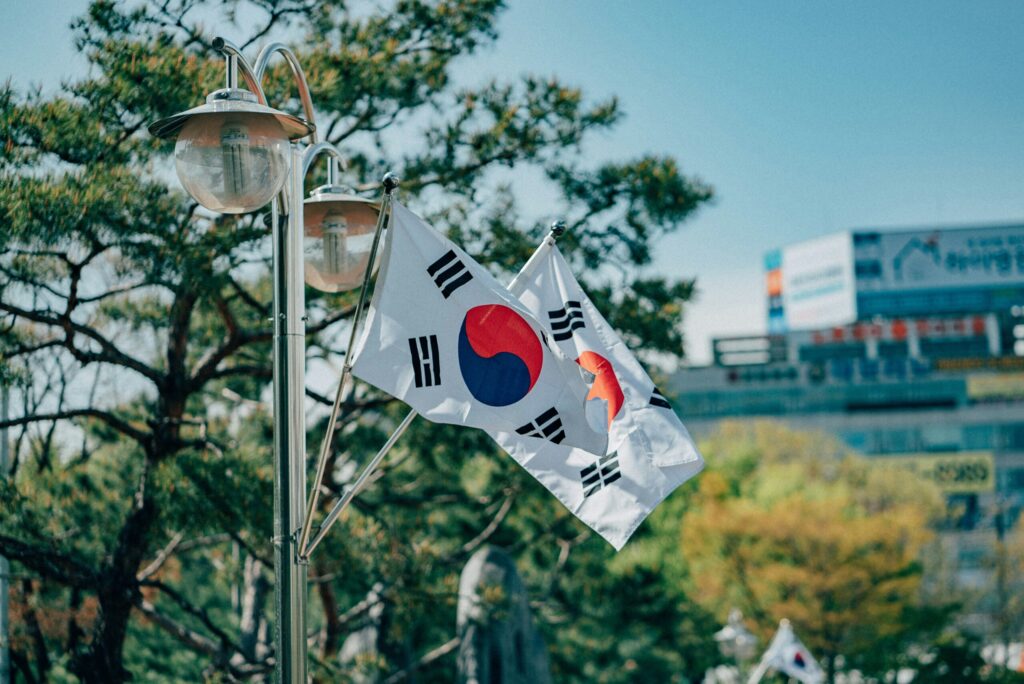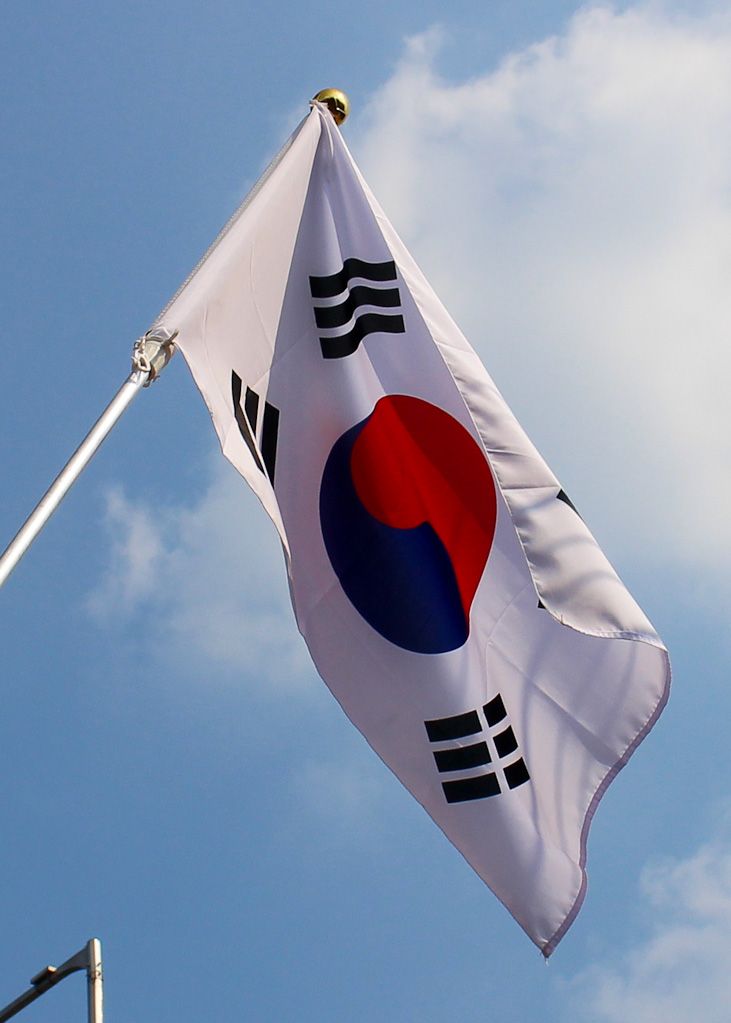Taste of Tradition: Exploring South Korea’s Fermented Cuisine
South Korean cuisine has strong traditions and a variety of flavors. One of the most distinctive aspects of Korean cuisine lies in their expertise in fermentation. From kimchi to doenjang and a variety of other dishes, fermented foods have a special place in Korean gastronomy, offering a unique combination of sour, savory and sometimes spicy flavors that have captivated taste buds around the world. South Korean fermented cuisine is an integral part of their rich and varied culinary heritage. Fermentation techniques have been used for centuries to preserve food and improve the taste, aroma and nutritional value of raw ingredients.
In a society, food is part of their culture. For example, people with an agricultural cultural background have different food from coastal communities. We can see the various raw materials, processing methods, and presentation. Not only that, in each culture, food can be divided into several types. They also have certain foods that are only consumed on certain occasions, as well as foods that are consumed every day. For example, events involving cultural activities or religious celebrations. This also applies to Korean society, which has a different cultural, religious and customary background from societies around the world.
Due to its cultural value and delicious taste, Korean cuisine is becoming increasingly popular throughout the world. Each dish, such as tender bulgogi, irresistible bibimbap, or perfectly fermented kimchi, has a long legacy that reflects Korea’s history, geography, and cultural values. Korean cuisine is more than just food. It shows a rich history, cultural assimilation from various cultures, and local wisdom in utilizing natural ingredients. Korean cuisine not only pampers the taste buds but also invites us to explore the beauty and complexity of a rich culture preserved for centuries through unique cooking techniques and distinctive spices.
South Korean fermented cuisine has a long and varied history, reflecting a rich culture and expertise in utilizing the fermentation process to create unique and health-beneficial dishes. Koreans believe that food helps physical and mental health because “food and medicine come from the same root” and “there is no better medicine than food.” Korean society believes that food should be harmonious, just like Japanese food culture. A strong belief in yin and yang, as well as the five elements (wood, fire, earth, metal, and water), influences how food is served and how it tastes. Five colors (blue, red, yellow, white, and black) and five tastes (salty, sweet, bitter, sour, and spicy) indicate these five elements.
Korea is hard to beat when it comes to fermented food variety. A metabolism called fermentation helps food “ripen” so it can be stored longer. Natural bacteria improve the taste and nutritional content of food. In Korean cuisine, the most common fermented dishes and drinks are kimchi, doenjang (soybean paste), Ganjang (soy sauce), gochujang (chili paste), jeotgal (salted seafood), and makgeolli (traditional rice wine). There are several health benefits of Korean fermented foods such as; Kimchi, gochujang, doenjang and Ganjang, which are made by fermentation contain many probiotics which improve body health by improving the digestive system and improving the immune system, contain lactic acid which improves the health of the digestive system and reduces the risk of diseases such as diabetes and cancer, contain antioxidants which help reduces the risk of tissue diseases such as cancer and other tissue diseases, and also helps improve mental health by increasing the production of serotonin and endorphins which help reduce stress and depression.
1. Kimchi
Kimchi is one of the most famous fermented products from South Korea. Made from vegetables such as radish or Chinese cabbage fermented with salt and other spices, kimchi has a distinctive, sour and sometimes spicy taste. Apart from that, kimchi is also rich in vitamins and natural probiotics, which are good for digestion and general health. Kimchi from each region in South Korea has its own characteristics, depending on the local ingredients available and the taste preferences of the people there. For example, kimchi from South Jeolla is usually sweeter and pinker in color, while kimchi from North Pyongan is usually spicier and saltier. Kimchi has also been recognized by UNESCO as an Intangible Cultural Heritage Item.
2. Gochujang
Gochujang is a typical Korean fermented seasoning made from a mixture of red chili powder, fermented soybeans, barley malt, sticky rice, garlic, salt, and a sweetener made from sugar, honey, or corn syrup. Gochujang is used as a seasoning for tteokbokki, bibimbap, kimchi jjigae, chicken yangnyeom, and many other Korean dishes. It has a savory, spicy and slightly sweet taste.
3. Doenjang and Ganjang
Doenjang is fermented soybean paste that is used as the main seasoning in Korean cuisine, while Ganjang is fermented soy sauce that is also often used in various dishes. These two ingredients not only provide a savory taste and complexity in cooking, but also contain additional nutrients due to the fermentation process.
South Korean fermented cuisine not only represents a rich cultural heritage, but also reflects the wisdom of using the fermentation process to create delicious and health-beneficial dishes. With this technique, they not only preserve food, but also enhance the taste, aroma and nutritional value of the raw ingredients. Kimchi is the most famous symbol of Korean fermented cuisine, with variations depending on the region of origin. In addition, soybean pastes such as doenjang and soy sauce (ganjang) also play an important role in providing flavor complexity and additional nutrition in Korean dishes. The health benefits of fermented foods, such as natural probiotics for healthy digestion, are also a significant plus. The fermentation process not only increases the availability of nutrients in food, but also adds a healthy dimension to the traditional Korean diet. Thus, South Korean fermented cuisine not only enriches the global culinary experience, but also illustrates their commitment to the use of natural ingredients and time-tested traditional techniques. Through this legacy, South Korea continues to maintain its reputation as one of the leading guides in global culinary innovation that is healthy and varied.


 Indonesia
Indonesia 